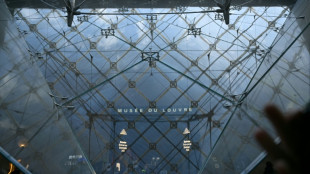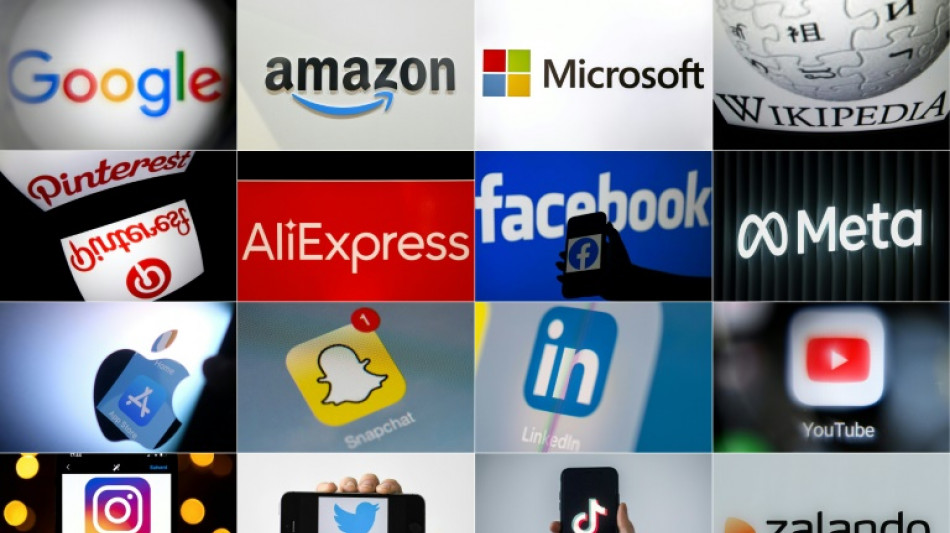
-
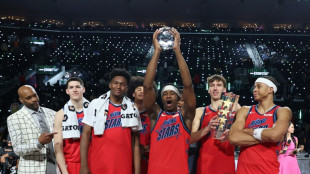 Sixers rookie Edgecombe leads 'Team Vince' to NBA Rising Stars crown
Sixers rookie Edgecombe leads 'Team Vince' to NBA Rising Stars crown
-
Rubio at Munich security meet to address Europeans rattled by Trump
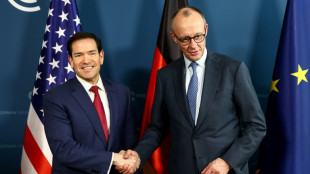
-
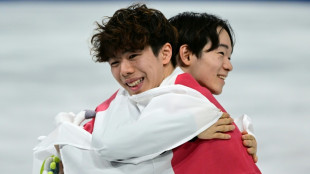 Medal-winner Sato says Malinin paid for 'toxic schedule'
Medal-winner Sato says Malinin paid for 'toxic schedule'
-
Carney offers support of united Canada to town devastated by mass shooting

-
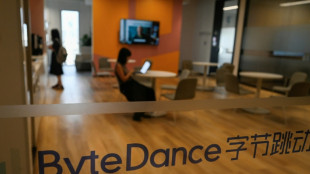 All-in on AI: what TikTok creator ByteDance did next
All-in on AI: what TikTok creator ByteDance did next
-
Healthy Ohtani has Cy Young Award in sights
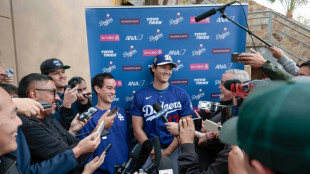
-
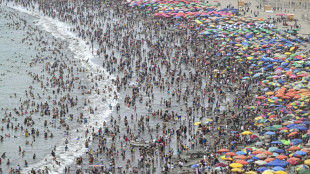 One of Lima's top beaches to close Sunday over pollution
One of Lima's top beaches to close Sunday over pollution
-
'Nothing is impossible': Shaidorov shocks favourite Malinin to make history
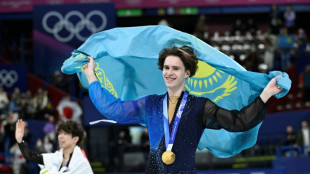
-
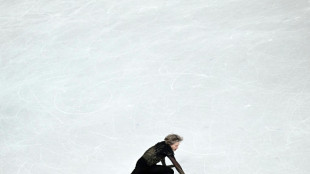 Malinin wilts at Olympics as Heraskevych loses ban appeal
Malinin wilts at Olympics as Heraskevych loses ban appeal
-
Bhatia joins Hisatsune in Pebble Beach lead as Fowler surges

-
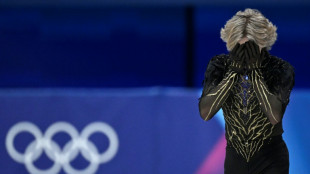 Malinin meltdown hands Shaidorov Olympic men's figure skating gold
Malinin meltdown hands Shaidorov Olympic men's figure skating gold
-
Top seed Fritz makes ATP Dallas semis with fantastic finish

-
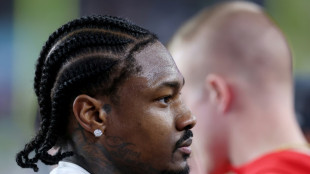 Patriots star receiver Diggs pleads not guilty to assault charges
Patriots star receiver Diggs pleads not guilty to assault charges
-
Havana refinery fire under control as Cuba battles fuel shortages

-
 Peru Congress to debate impeachment of interim president on Tuesday
Peru Congress to debate impeachment of interim president on Tuesday
-
Snowboard veteran James targets 2030 Games after Olympic heartbreak
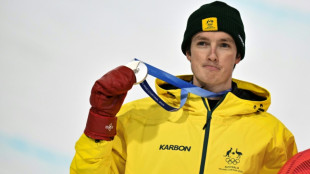
-
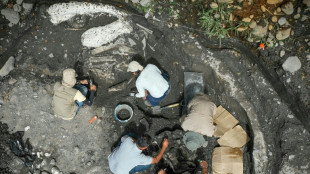 Costa Rica digs up mastodon, giant sloth bones in major archaeological find
Costa Rica digs up mastodon, giant sloth bones in major archaeological find
-
Trump says change of power in Iran would be 'best thing'
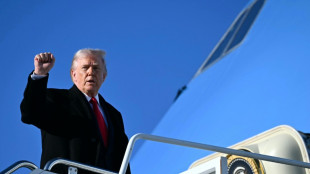
-
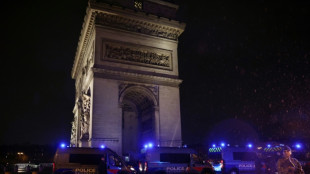 Paris police shoot dead knife man at Arc de Triomphe
Paris police shoot dead knife man at Arc de Triomphe
-
Japan's Totsuka wins Olympic halfpipe thriller to deny James elusive gold
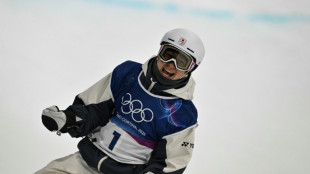
-
 Canada's PM due in mass shooting town as new details emerge
Canada's PM due in mass shooting town as new details emerge
-
Neto treble fires Chelsea's FA Cup rout of Hull

-
 Arbitrator rules NFL union 'report cards' must stay private
Arbitrator rules NFL union 'report cards' must stay private
-
Dortmund thump Mainz to close in on Bayern

-
 WHO sets out concerns over US vaccine trial in G.Bissau
WHO sets out concerns over US vaccine trial in G.Bissau
-
Skeleton racer Weston wins Olympic gold for Britain
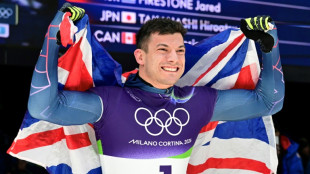
-
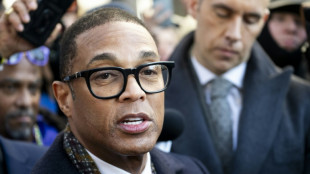 Ex-CNN anchor pleads not guilty to charges from US church protest
Ex-CNN anchor pleads not guilty to charges from US church protest
-
Berlin premiere for pic on jazz piano legend Bill Evans

-
 Fire at refinery in Havana as Cuba battles fuel shortages
Fire at refinery in Havana as Cuba battles fuel shortages
-
A Friday night concert in Kyiv to 'warm souls'

-
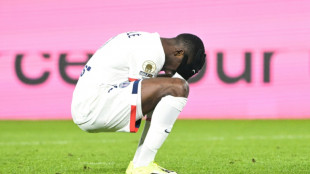 PSG stunned by rampant Rennes, giving Lens chance to move top
PSG stunned by rampant Rennes, giving Lens chance to move top
-
Japan's Totsuka wins Olympic halfpipe thriller as James misses out on gold
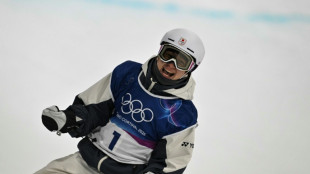
-
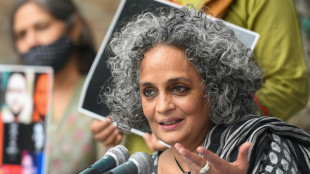 Indian writer Roy pulls out of Berlin Film Festival over Gaza row
Indian writer Roy pulls out of Berlin Film Festival over Gaza row
-
Conflicts turning on civilians, warns Red Cross chief
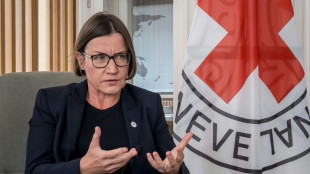
-
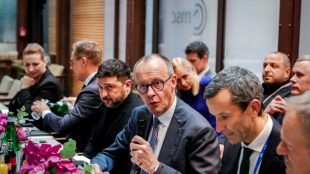 Europe calls for US reset at security talks
Europe calls for US reset at security talks
-
Peru leader under investigation for influence peddling

-
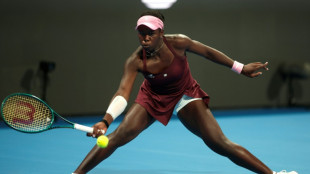 Rising star Mboko sets up Qatar Open final against Muchova
Rising star Mboko sets up Qatar Open final against Muchova
-
Canada PM to mourn with grieving town, new details emerge on shooter

-
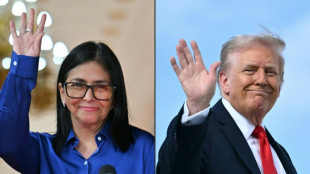 US waives Venezuela oil sanctions as Trump says expects to visit
US waives Venezuela oil sanctions as Trump says expects to visit
-
NBA star Chris Paul retires at age 40 after 21 seasons

-
 WTO chief urges China to shift on trade surplus
WTO chief urges China to shift on trade surplus
-
Vonn hoping to return to USA after fourth surgery on broken leg
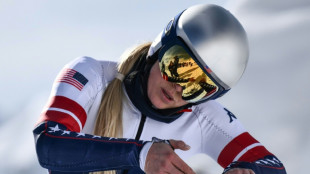
-
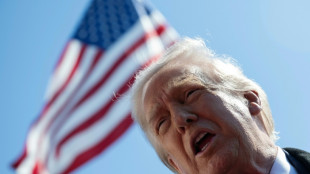 Trump sending second aircraft carrier to pile pressure on Iran
Trump sending second aircraft carrier to pile pressure on Iran
-
Heraskevych loses Olympics disqualification appeal, Malinin eyes second gold
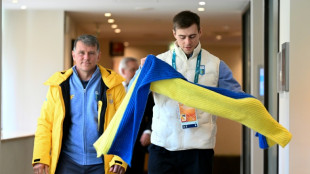
-
 Mercedes have 'taken a step back': Russell
Mercedes have 'taken a step back': Russell
-
Madagascar cyclone death toll rises to 40, water, power still out

-
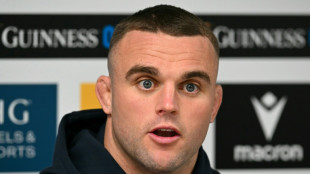 Earl says England inspired by last year's Calcutta Cup
Earl says England inspired by last year's Calcutta Cup
-
USA romp past Dutch in T20 World Cup to keep Super Eight hopes alive
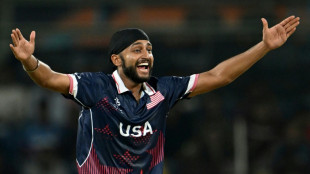
-
 De Minaur scraps past local legend van de Zandschulp
De Minaur scraps past local legend van de Zandschulp
-
Ukrainian Heraskevych loses appeal against Olympics disqualification
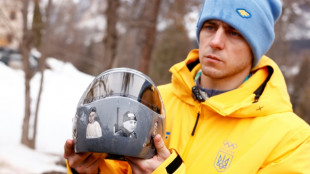

Online images reinforce gender stereotypes more than text: study
Images on the internet reinforce gender stereotypes -- such as doctors being men or nurses women -- more than text, contributing to a lasting bias against women, a US-based study said Wednesday.
The importance of images has soared as much of the world's media, communication and even social interactions have moved online.
But this rising dominance of the image "exacerbates gender bias" by significantly under-representing women, according to the study in the journal Nature.
Lead author Douglas Guilbeault, a researcher at the business school of the University of California, Berkeley, told AFP that this was an "alarming" trend.
He warned of "the potential consequences this can have on reinforcing stereotypes that are harmful, mostly to women, but also to men."
Study co-author Solene Delecourt, also from UC Berkeley, said an example would be if a child was trying to find out more about a profession online but only saw images of one gender.
"They may feel like they don't belong," she said.
Images are also "often more memorable and emotionally evocative than text," the study said.
- 'Really concerning' -
For the study, the researchers sifted through more than one million images from Google, Wikipedia and the IMDb film database, as well as billions of words on those platforms.
They looked for potential bias in nearly 3,000 social categories, including jobs such as doctor or lawyer, or roles such as neighbour or colleague.
Both over-represented men, but the images displayed even more gender bias than the words, the researchers found.
For example, the stereotype that women are nurses was "consistently stronger" in the images than the text, Guilbeault said.
This bias was not limited to the United States -- the researchers used many images from websites around the world -- nor was it confined to a particular platform.
The gender bias is also larger than what the general public broadly think, according to an opinion poll carried out by the researchers.
The team also used US census data to show that the under-representation of women for these jobs seen in online images does not match reality.
Finally, they looked into what psychological impact this bias has on people using the internet.
They had 450 people search online for specific jobs -- such as astronaut, poet or neurobiologist -- some reading text while others looked at images.
Afterwards, the participants carried out a test designed to measure their bias.
The group that looked up images had a more pronounced gender bias -- and the effect was still present during another test three days later, the researchers said.
"Images influence people in ways that they may not consciously realise," Guilbeault said.
He also lamented that there has been so little attention paid to "this shift towards image-based communication".
The researchers pointed to the role of online platforms in amplifying gender bias through their images, calling for more to be done.
They also warned that new image generators driven by artificial intelligence algorithms draw heavily on existing online images.
"It's not a surprise that the images these algorithms generate reflect all kinds of biases," Guilbeault said.
D.Moore--AMWN
